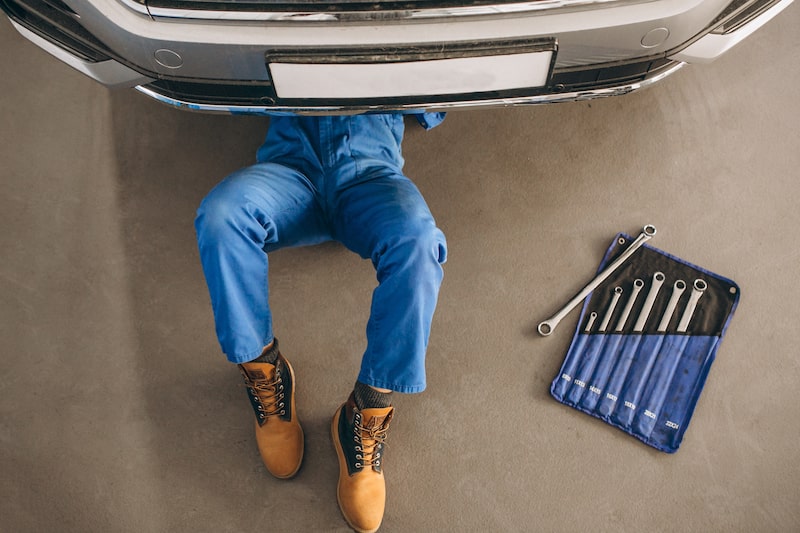When you’re filling out the paperwork to buy a car, the dealer will usually tell you about extended warranties, mechanical breakdown insurance, and other options that could prepare you for dealing with car problems in the future. Most people are familiar with the concept of a warranty, but what is breakdown insurance? Is it something everyone needs? If not, do you need it?
What’s The Difference Between A Warranty And Insurance?
Warranties and mechanical breakdown insurance are similar but distinct. A warranty will cover certain car issues and is usually defined by a number of years or a number of miles, whichever comes first. It’s sold by the dealer. Mechanical breakdown insurance (MBI) covers repairs that are not related to a car accident. It’s sold by your car insurance company.
What Are The Advantages Of Mechanical Breakdown Insurance Over An Extended Warranty?
Mechanical breakdown insurance is a better choice, in some cases, for a few reasons. One is that it’s usually less expensive than an extended warranty. Another is that because the insurance industry is so heavily regulated, claims and coverage can be more straightforward. It might also include more systems and more parts than an extended warranty.
Other advantages include not having to pay a lump sum first or pay interest on the payments (if you have the warranty cost added to your car loan). You’ll have more options when it comes to getting your car repaired since you won’t be tied to the dealership’s garage, and you can usually transfer the insurance if you buy a new car—or you can cancel it without losing money.
What Does Mechanical Breakdown Insurance Cover?
There are different types of MBI policies, which your insurance agent can explain to you. Some are more extensive than others and more expensive as a result. Standard MBI policies usually include the drivetrain, exhaust, brakes, transmission, engine and engine parts and electrical parts. You may be able to get a more comprehensive policy which also includes the air conditioning and heating system, the fuel system, and steering.
What Does MBI Not Cover?
Of course, MBI doesn’t cover everything. Routine maintenance isn’t covered, which means that tune-ups, balancing and alignment, new filters, oil changes, and the like won’t be covered. Brake pads and shoes aren’t covered, nor are sparkplugs and coolant. Tires are usually excluded as well.
It also won’t cover damage related to an accident; that’s what your regular auto insurance is for – if you have collision and comprehensive coverage.
Ask your agent if breakdowns due to “wear and tear” are covered. Sometimes they are, sometimes they aren’t, and the deciding factors can be very specific.
Is MBI Included In My Policy?
No, your standard personal auto insurance policy doesn’t cover mechanical problems with your car unless they are due to an accident, and then only if you have purchased the appropriate coverage. However, it can usually be bundled with your car insurance for a discount.
Do I Need MBI?
If you’re buying a brand new car, it really depends. If you are already planning to buy an extended warranty, then it is definitely worth looking at as an alternative. However, if you are still unsure, you should check out reviews for the make and model of the vehicle. If you are buying a used car, MBI is almost always a good idea, because there can be unexpected problems just waiting for you to drive it off the lot. Also, if you are buying a new car, you might want to wait until it’s older to purchase MBI.

